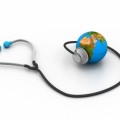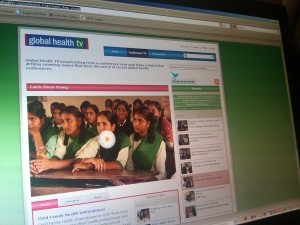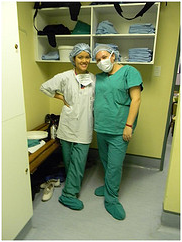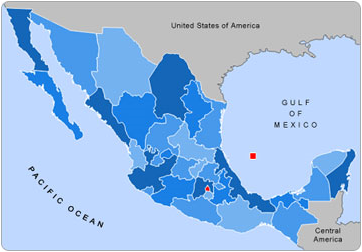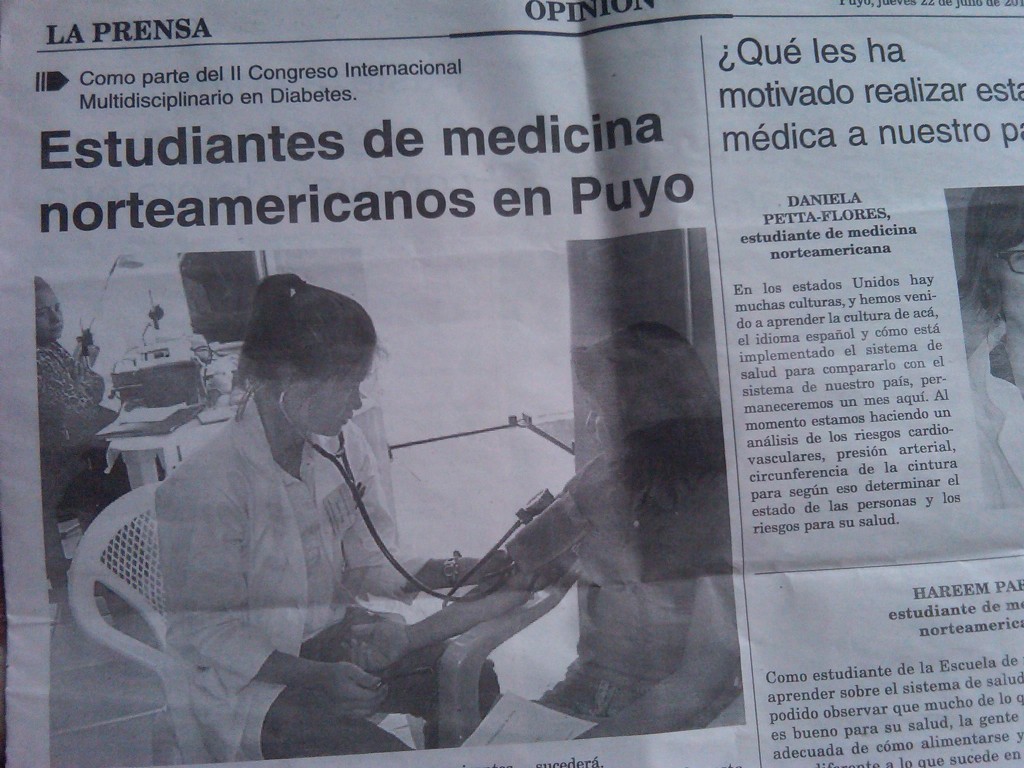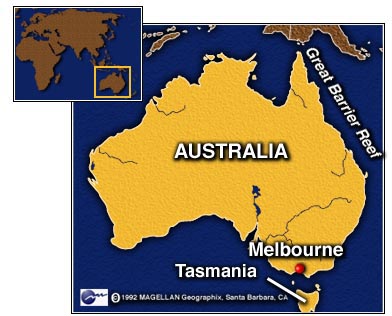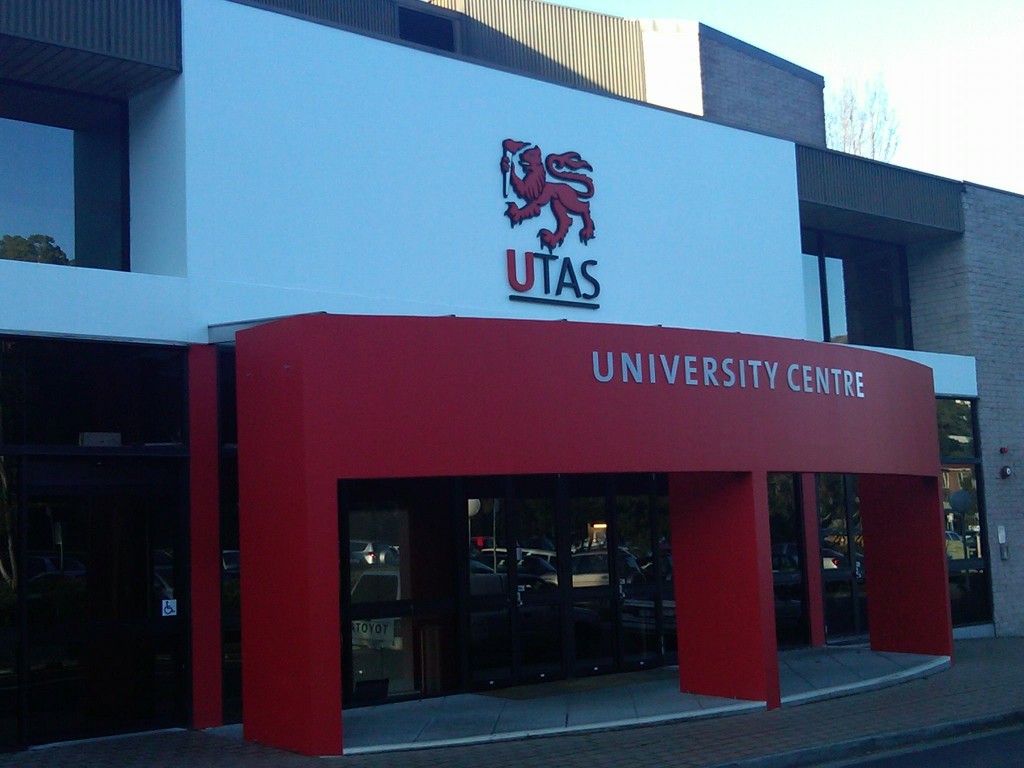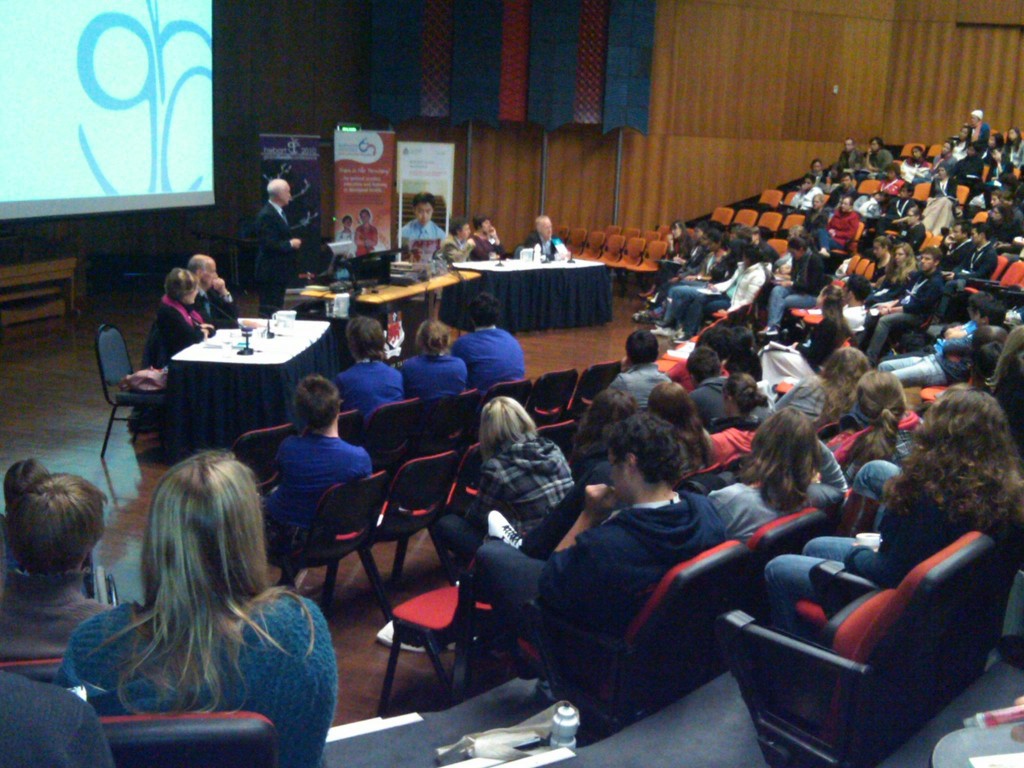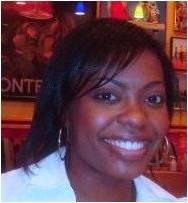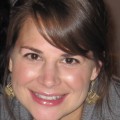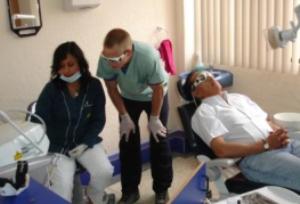Kim McLennan, an accomplished physical therapist, and long-time CFHI volunteer, is now in Haiti and has been communicating to us some of the complexities of just trying to help. A veteran of many humanitarian missions, Kim knows that to lend a helping hand is not always as easy as it looks on the surface. The crisis in Haiti, and the
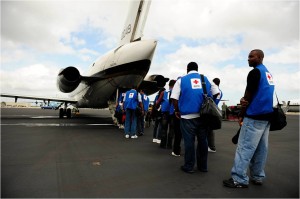
This is a U.S. Navy photo of some of the many vounteers who have gone to Haiti to help after the great earthquake
outpouring of volunteers to give assistance has amplified the Grey Areas of coordinating and managing international aid. The questions of culture, ethics, passion, compassion, and the realities of unexpected complexities are raised in her moving, first-hand account. Dr. Evaleen Jones, CFHI’s Founder and President, asked Kim if we could share her writings through this Blog. Kim gives us her experience alongside her on-the-spot reflections which are informed by her years of cross-cultural work in some very challenging situations.
We are grateful to Kim for her permission to present her observations and thoughts here. Unfinished and raw, they give us an unvarnished view of reality with no easy answers –much as the real situations in Haiti, and elsewhere in the world. You are welcome to click on the “Read More” button to leave a comment.
“Expectations
Here in Haiti, 5 months after the devastation of a 7.1 earthquake, volunteers are coming in droves. I am one of them. By the end of my stay, I will have been here 7 weeks. Most of my fellow volunteers come for one week or two if they’re lucky. Professionally, the greatest number are doctors, nurses, emergency room specialists, pediatric and wound care specialists, prosthetists and physical therapists. The majority have never been to a developing country or to Haiti before they arrive.
They come with the expectation of being welcomed for their concern and service, everyone paying their own expenses and hoping their week of selflessness will do some lasting good. Most leave, probably feeling that their mission was accomplished, even if in some small isolated way. This morning, at the hospital I’m working in, there are 20 American doctors, nurses and other hopeful people wanting to do something useful. They’re surprised when they realize how different the system is here, how charts and notes and procedures that are standard in the US are hardly used here. They are surprised that the Haitian nurses don’t speak English or seem happy to share their small desk or coveted stash of medical supplies. Many come with their own supplies of state of the art medical technology and toys and blankets and shoes. Most of it is very useful and appreciated by the patients. The Haitian staff seems to disappear when the volunteers arrive to see the rare and unusual patient injuries that have occurred here.
There have been many surgeries and interventions that would have never occurred without the volunteers being here. External fixators and wound vacs are found throughout the hospital, and the meticulous care given to the patient’s wounds is without parallel. But this is precisely the problem. The nurses here do not have the training to change the dressings or change the wound vacs and no one is training them. There will be no physical therapy or discharge planning when the NGOs pull out for good. For all their good intentions, the volunteers seem to ‘take over’ when they arrive and then complain that the Haitian staff doesn’t seem interested. Cultural differences aside, who likes it when someone new arrives on the scene, walks in, starts to do your job and then leaves, making you feel less than adequate after witnessing such expertise.
As you know, this is a touchy subject. Everyone who comes here has the best intentions, simply wanting to help. The problem is when they come, they come in groups with their own comfortable systems in place, just in a new setting. Most of the Haitian hospitals are not equipped to house or feed these additional visitors and the plumbing in Haiti already is barely serviceable. They often don’t seem to try to learn a few words of Creole, or go outside the compound to meet the Haitians and share a local meal. It probably feels like a vacation except that the food is scarce and the air-conditioning doesn’t work.
The first time I went overseas to volunteer 12 years ago in South Africa, I stayed for one month and it took me almost three weeks to feel I was accepted a little by the local staff and they still did not seem keen to have me in their midst. I have been looking ever since for better ways to interact and contribute to poor people in need of basic healthcare. I believe the answer is recognizing the potential of the local people….
It truly does no good to ‘do your thing” as a volunteer, no matter how much it is needed if you don’t teach someone else how to do it also. Volunteering in Haiti can contribute to the Haitian infrastructure only if we volunteers think about the consequences of us being here. Are we willing to be patient and work alongside someone whose future may improve from our training? Are we willing to trust that they may know a better way than the way we’ve been taught? We are influencing an entire system by our presence and we should be including them every step of the way…..”
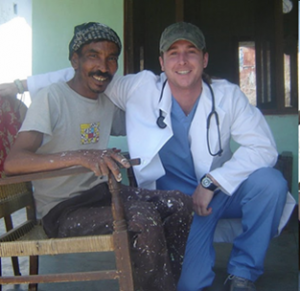 Competency-based education (known as CBE) has been all the rage in medical education for nearly a decade. Competency in this realm has been described as the “habitual and judicious use of communication, knowledge, technical skills, clinical reasoning, emotions, values, and reflection in daily practice for the benefit of the individual and the community being served” Continue reading
Competency-based education (known as CBE) has been all the rage in medical education for nearly a decade. Competency in this realm has been described as the “habitual and judicious use of communication, knowledge, technical skills, clinical reasoning, emotions, values, and reflection in daily practice for the benefit of the individual and the community being served” Continue reading 
